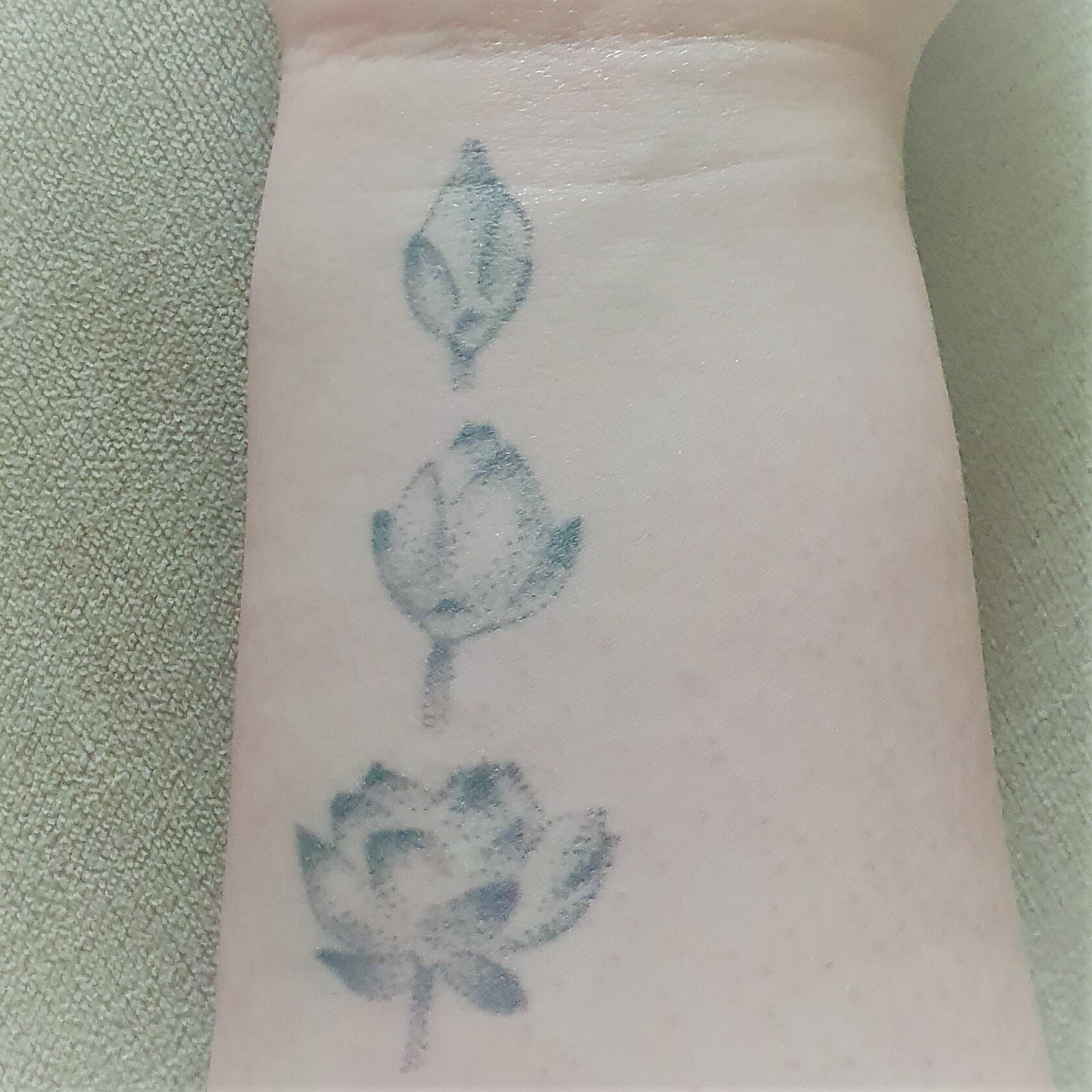Toxic Terminology: 'I Am' Versus 'I Have'
There are a lot of factors that contribute to why stigma towards mental health and mental illness is still prevalent within society. Whether it’s misrepresentation in television programmes and movies, the prioritisation of negatively focussed mental health news broadcasts or lack of time and funding put into teaching the younger generations about mental health. There are endless reasons to why stigma, discrimination and ignorance still exists. One of those reasons and contributing factors is the way we talk about mental health and mental illness, from the terms and phrases we use to the stereotypes and slang terms that are being pinned to individuals.
Language is exactly what we’re talking about in today’s video ‘Toxic Terminology,’ which you can watch below:
Our First and New Mini-Series!
‘Toxic Terminology’ is our first and brand new mini-series for the blog/YouTube channel. In this series, we’re going to talk about all the terms, descriptions, stereotypes, slang words and phrases that are damaging to our mental health and that promote stigma and discrimination.
We’re kicking off the series with our first entry, where we discuss the difference between using ‘I am’ and ‘I have’ when referring to our mental illness or someone else’s mental illness.
The Problem with Using ‘I am….’
When we use the term, ‘I am’ or ‘He/She is’, we’re leaving ourselves and others open to discrimination and stigma for a number of reasons:
It says that a person’s main feature is their illness: When we refer to someone as ‘being bipolar’ or ‘being schizophrenic’, we are defining them as their illness, and highlighting it as if it is the main or most important aspect of them. There is so much more to an individual than their mental illness, diagnosis or the stereotypes and symptoms associated with it. We shouldn’t be categorising them or signifying them by their mental illness, when we wouldn’t do the same with a physical illness. We wouldn’t say that someone is ‘heart diseased’ or ‘cerebral palsy-ic’. So why should we do it with people with a mental illness?
It’s associated with negative attitudes within the media and society: In the video, I give an example of the way ‘schizophrenic’ is often used in media reports and newspaper articles. It’s a given that newspapers and tabloids are one of the worst culprits for being ignorant towards their wording and perspective towards mental illness, but for it to still be so prevalent in 2020, is shameful. There is much more of a negative attitude and room for prejudice towards ‘schizophrenic’ than ‘schizophrenia’, or ‘borderline’ than ‘borderline personality disorder.’
It just doesn’t make sense: Social media has a lot to answer for. Countless times I have seen people posting on Twitter that they are ‘so bipolar’ because they’ve experienced a mood swing, or they are ‘so OCD’ because they’ve cleaned their bedroom. When you look at it more bluntly however, the person is ultimately saying ‘ I am so Obsessive Compulsive Disorder.’ Which doesn’t even make sense! We find this more in posts from younger people, which highlights the lack of education and learning opportunities for young people when it comes to their mental health. But I’ll save that argument for another day, and another video!
What is your perspective on using ‘I am your mental illness’ versus ‘I have your mental illness’? Do you have a preference on which one you use when the conversation arises? Do you agree with the contents of the article and the video, or do you have another opinion?
Feel free to leave a comment below and start a discussion!
Until next time, stay happy, stay healthy and stay positive. And remember, someone out there cares about you, so if you need help or feel like chatting, reach out.
Beth





